The Dirty Truth About Meal Replacements
Category: Cancer Support
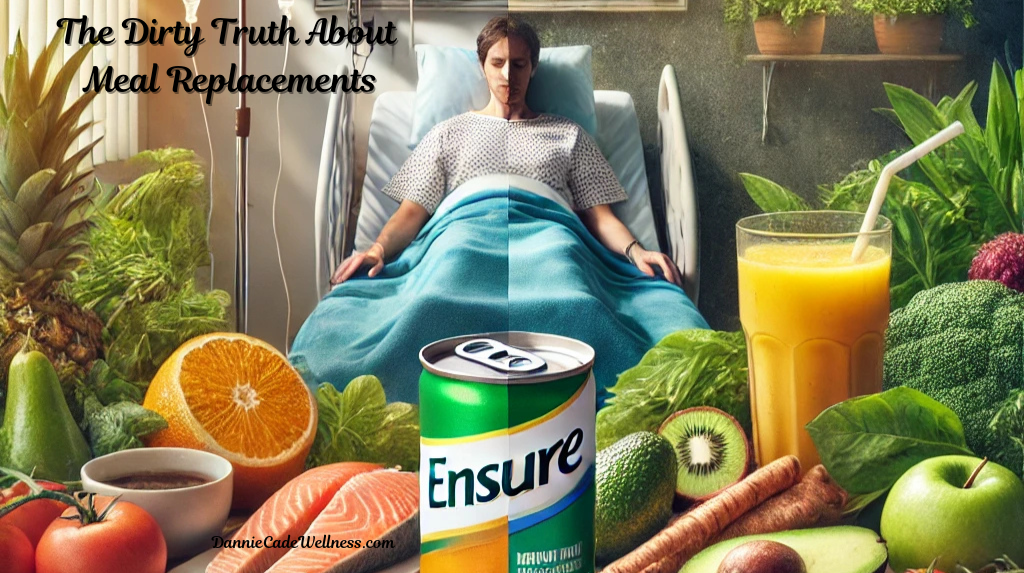
When you walk into most cancer treatment centers, there’s a general recommendation to eat whatever you can to keep weight on. At first, this advice seems reasonable. After all, cancer and chemotherapy can wreck your appetite, make you feel nauseous, and cause a whole host of other miserable side effects.
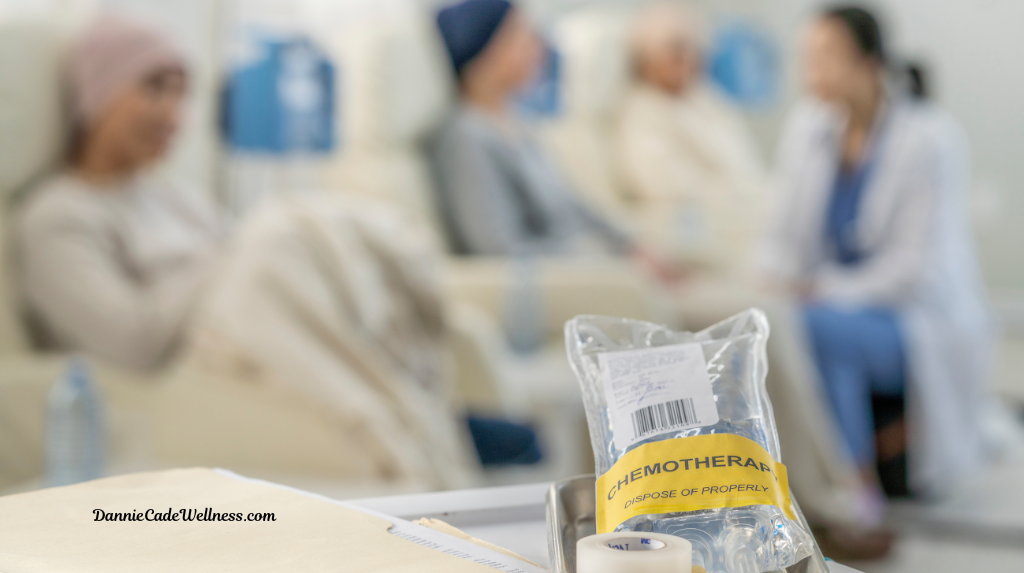
So, when cancer patients struggle to eat, many doctors recommend processed, store-bought meal replacements because they’re quick, easy and seem to help with calorie intake.
But here’s the problem: They’re not doing your body any favors.
While meal replacements may help you gain weight, they’re loaded with artificial ingredients, refined sugars, low quality protein, fillers and preservatives. Yes they’re designed to give you calories quickly, but not nourishment.
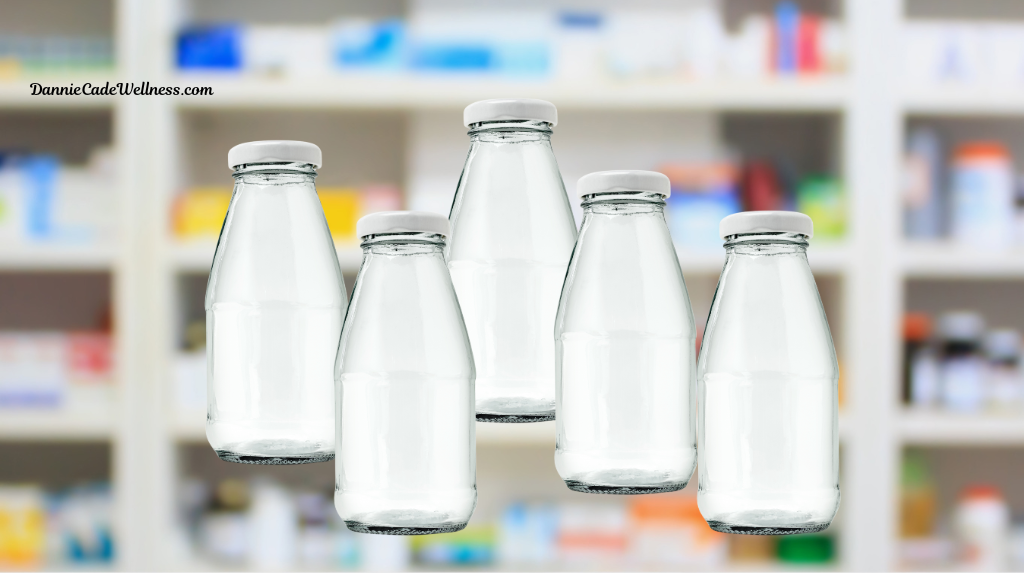
Sure, they’re easy to drink and might temporarily boost your energy (as most sugar bombs do), but they’re not healing your body in the way real, whole foods can.
The Problem with Store-Bought Shakes
Chemotherapy already causes inflammation in the body, so why add more to it by drinking something packed with refined sugars and artificial sweeteners?
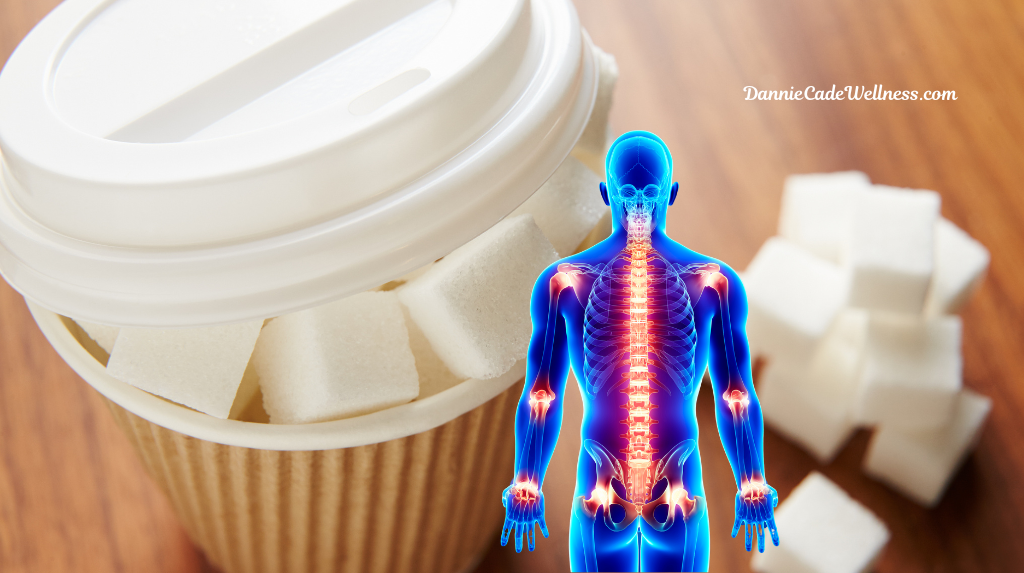
These ingredients can actually increase inflammation, and that’s exactly what we don’t need during cancer treatment.
Let’s break down why these shakes are problematic:
- Artificial Sweeteners: Ingredients like aspartame and sucralose are commonly found in these drinks. They’re known to disrupt gut health, and your gut is already under enough stress while fighting cancer. These sweeteners are also linked to immune system dysfunction, which is the last thing we want when we’re trying to keep the immune system strong.
- High Sugar Content: The high amounts of sugar in these drinks can feed cancer cells. While the meal replacement may keep your calories up—just like a Big Mac or a can of Coke would—it’s also potentially feeding the very thing you’re trying to fight against. Not great, right?
- Fillers and Preservatives: Chemicals like BHT and BHA, often found in processed foods, are linked to cellular damage and can increase cancer risk. These ingredients should be avoided when you’re trying to heal your body.
The Better Way: Real Food
Cancer treatment is a marathon, not a sprint, and in this race, real food is your best ally as your source of fuel.
Whole foods like fresh vegetables, high-quality proteins, and healthy fats are what your body needs to recover, repair, and rebuild – not processed junk. Your body craves anti-inflammatory foods that boost your immune system and support healing. Here’s what you’ll want to focus on:
- Wild-Caught Salmon: Full of omega-3 fatty acids that reduce inflammation.
- Turmeric and Ginger: Both have powerful anti-inflammatory properties.
- Avocados and Berries: Packed with healthy fats, vitamins, and antioxidants.
I literally lived off these foods during my own alternative treatments because they’re nutrient-dense and can reduce inflammation, even the kind caused by chemotherapy.
Protein: The Building Block of Recovery
You also need protein to keep your muscles strong and to support immune function. But not all proteins are created equal.
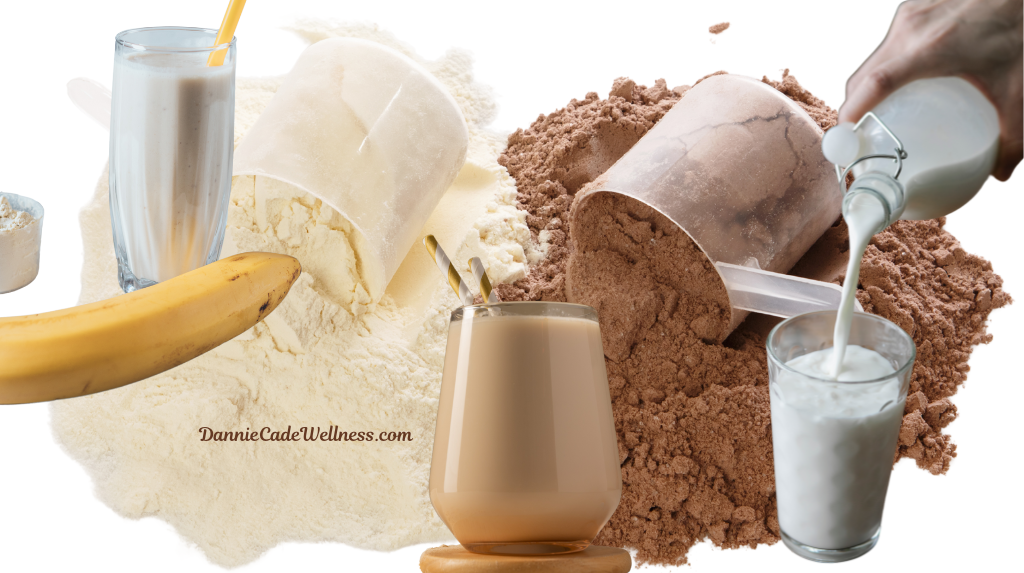
Sure, bottled protein shakes might seem like a quick fix, but real foods like organic chicken, eggs, or lentils will give your body the nourishment it really craves…if you’re still friends with food….we’ll get to that in a moment.
Why is protein so important?
Cancer and its treatments can break down muscle, lead to weight loss, and increase the risk of malnutrition.
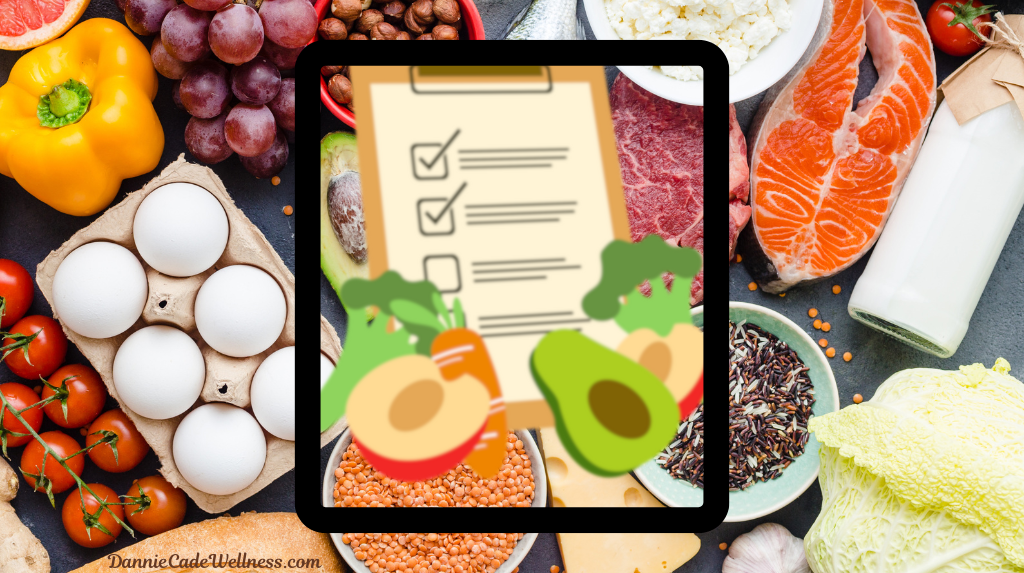
But getting enough high-quality protein supports immune function, helps repair damaged tissues, maintains muscle mass and strength, and plays a key role in enzyme and hormone production. It’s not just about calories; it’s about giving your body the right building blocks to fight back and heal.
How Much Protein Do You Need?
Protein needs vary based on factors like body weight, activity level, treatment side effects, and overall health. A general guideline is 1.0 to 1.5 grams of protein per kilogram of body weight per day, which is about 0.45 to 0.68 grams per pound.
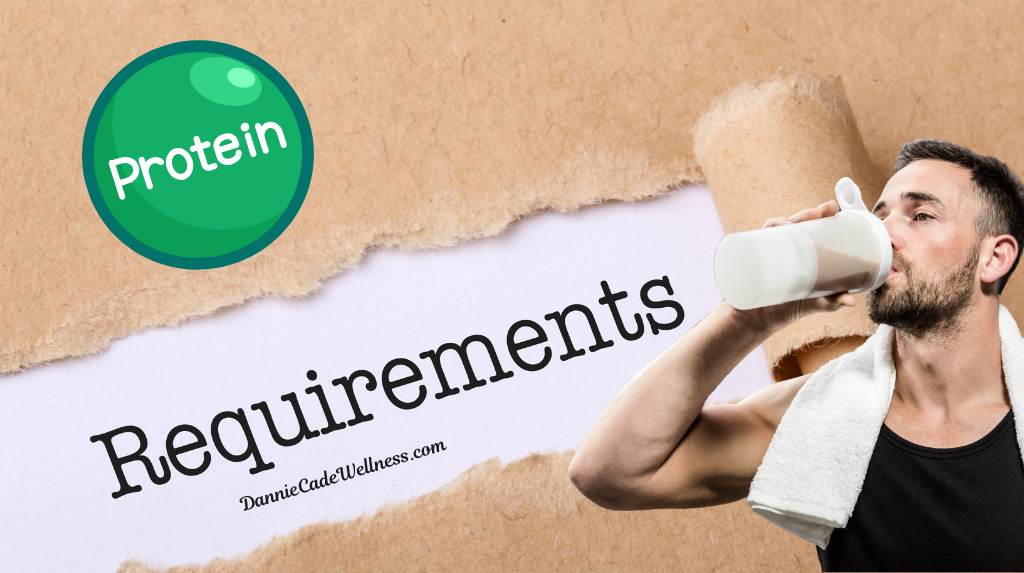
For those undergoing aggressive treatments like chemotherapy or radiation, protein needs can be even higher, sometimes up to 2.0 grams per kilogram (0.9 g/lb) to help with healing and muscle preservation.
Example:
- A 150-pound (68 kg) person may need 68–102 grams of protein daily.
- A 200-pound (91 kg) person may need 91–137 grams of protein daily.
Vegetables and Whole Grains: Gut Health and Detox
Vegetables and whole grains are full of fiber, which is critical for maintaining gut health and detoxifying the body. Things like sweet potatoes, yams, spinach, broccoli, and quinoa are some excellent options.
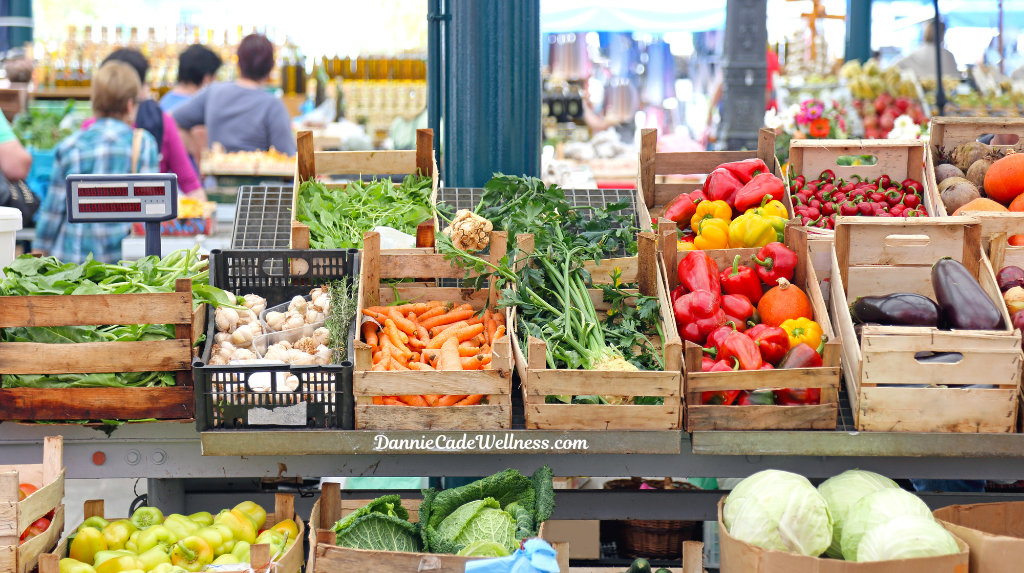
As a personal add-on, I highly recommend a farmer’s market if you can’t grow your own. These foods also provide the vitamins and minerals that your body needs to keep going strong.
The Mental Toll of Cancer Treatment
Cancer treatment isn’t just physically draining, it’s stressfully and mentally exhausting too. Between all of the appointments, financial stress, the constant battle with nausea, fatigue, and changes to your taste buds, it can make eating feel like an uphill battle. But here’s the thing: the way you eat matters.
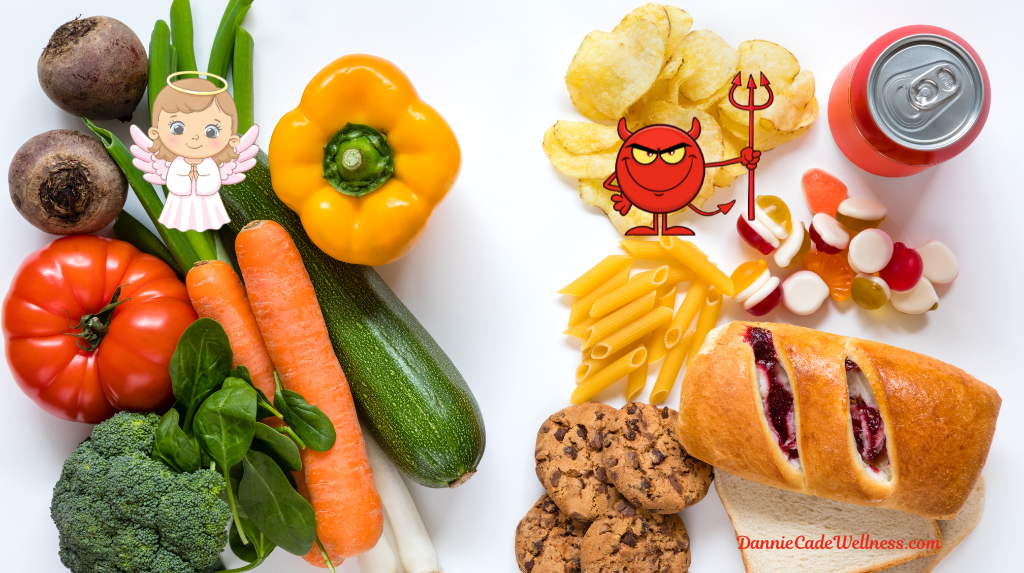
I’m not just talking about how many calories you’re consuming, I’m talking about what those calories are made of, where they’re coming from. Eating that processed junk might give you temporary relief, but it won’t help you feel good in the long run. It might fill your stomach, but it won’t fuel your healing.
Remember: everything you eat will either heal you or hurt you. Choose wisely.
When Eating Feels Like a Struggle
So, what do you do when the thought of eating makes you sick? Here’s some things that helped me, some easy ways to nourish your body without overwhelming your system:
- Broths: Bone broth, vegetable broth, or chicken broth are easy on the stomach, provide collagen to support tissues, and help your body heal.
- Smoothies: Make smoothies packed with spinach, kale, berries, and avocado. These are a great way to get nutrients without overwhelming your digestive system. Add a high-quality protein powder (pea or hemp protein) to boost the healing power.
- Herbal Teas: Peppermint and ginger teas are not only soothing for nausea but also packed with antioxidants and anti-inflammatory properties.
Conclusion: Fuel Your Healing with Real Food
The cancer fight isn’t just about staying alive, it’s about getting and staying healthy. You want to think beyond just calories, start thinking about quality nutrition because what you put in your body can either help or hinder your recovery, and with the right foods, you can help your body fight back.
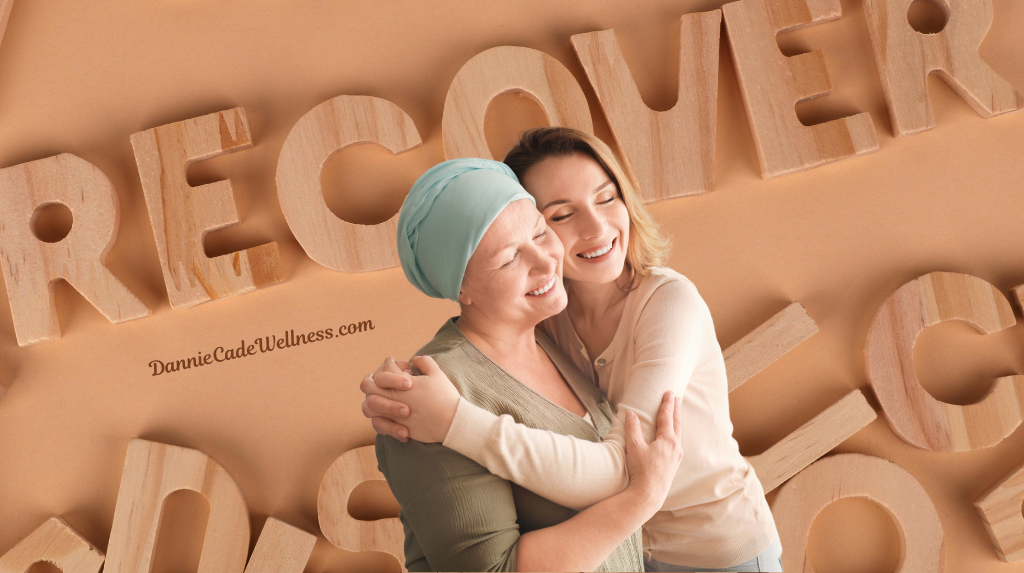
So don’t settle for processed, sugary meal replacements. Chuck that garbage out. Instead, fuel your healing with real, nutrient-dense foods that will give your body what it really needs. When it comes to eating during cancer treatment, quality matters, and the right food can make all the difference in how you feel and how your body responds.
Want More Support?
If you’d like to access more helpful articles, recipes, and resources, feel free to join my free online wellness center, I’m also doing a lot of cancer nutrition support over here on Instagram. I’m here to help you thrive, thanks for reading!
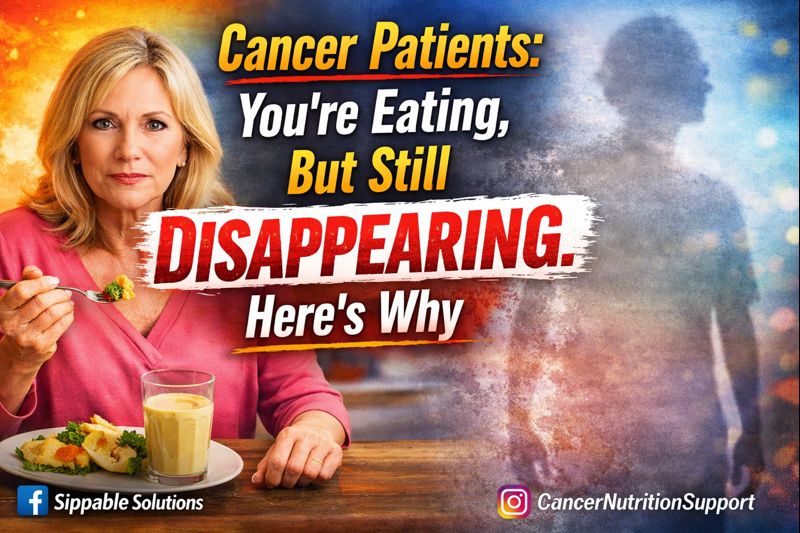
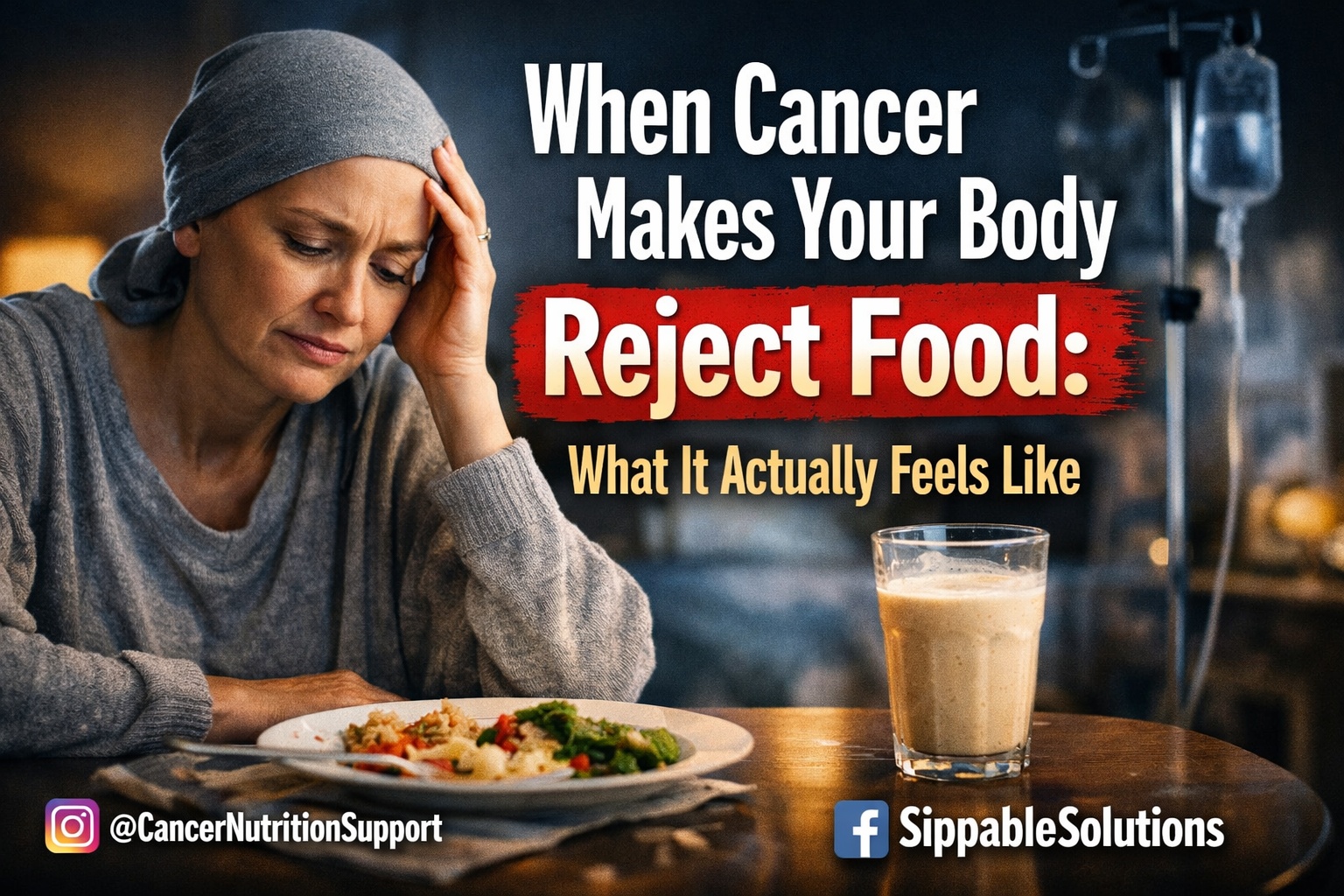
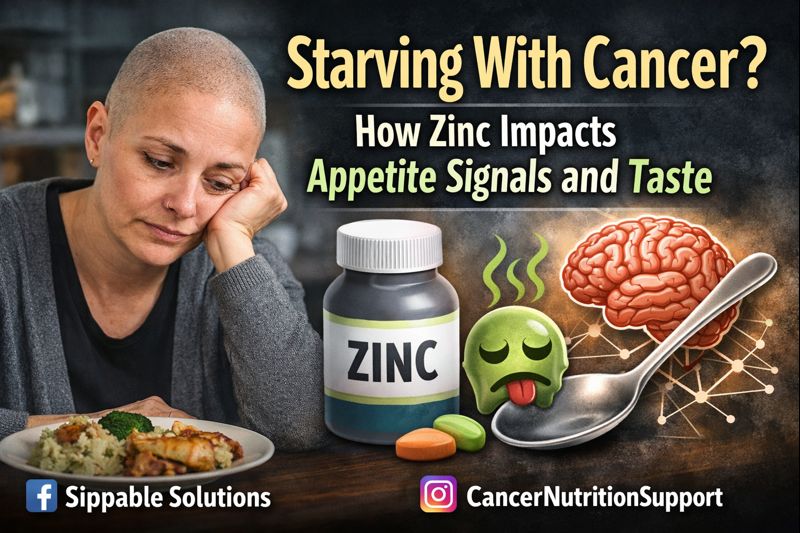
Facebook Comments